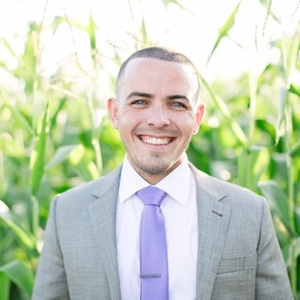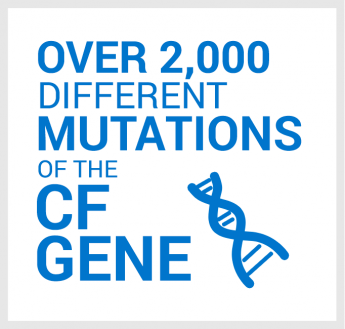Novel agents against Mycobacterium abscessus
“Improve airway infection detection and treatment”
Dr. Yossef Av-Gay is a professor at the University of British Columbia and has been recently funded by Cystic Fibrosis Canada through the 2021 Grants & Awards Competition for his study, Hit to lead: Novel agents against Mycobacterium abscessus.
Nontuberculosis mycobacteria (NTM), including Mycobacterium abscessus, are environmental bacteria typically found in water, soil and dust. These bacteria are known to cause infections in the lungs which can lead to damage to the lung tissues. Typically, when an individual is exposed to NTM, the immune system in the lungs can quickly clear the bacteria to prevent severe infection and tissue damage.
In individuals with inflammatory lung diseases such as cystic fibrosis, NTM bacteria can cause chronic pulmonary infections that resolve slowly due to the inability to clear the secretions in the lungs and the inability of the hindered immune system to resolve the infection. If left untreated, the infection can cause significant harm and damage to the tissues of the lungs which leads to loss of lung function.
“NTMs are present in the environment and are widespread. They can come from the environment and from other patients. NTMs colonize the lungs of patients and form biofilms which block antibiotics from reaching the bacteria,” says Dr. Av-Gay. “Furthermore, NTMs have innate resistance capacity against most antibiotics and chemotherapeutic agents. Even drugs that can be used to treat tuberculosis are needed at much higher concentration and for longer duration to treat NTMs.”
In people with cystic fibrosis, NTM settles in the lungs and become extremely hard to eliminate. Mycobacterium abscessus is one of the most aggressive bacteria for a CF patient to experience. It can cause severe damage to the airways. While Mycobacterium abscessus and other NTM infections in people with CF are treated with antibiotics, these bacteria are becoming increasingly antibiotic resistant, which is of significant concern.
Data from the Canadian Cystic Fibrosis Registry, which Cystic Fibrosis Canada maintains, indicate that approximately 5% of people who live with cystic fibrosis experienced a Mycobacterium infection in 2020. While these are not among the most common infections, they tend to be severe and difficult to treat when they do happen.
Dr. Av-Gay’s study centres on developing novel drugs to treat Mycobacterium abscessus infections and other chronic lung infections. The team will focus on developing a drug that will not harm the lungs and will enhance the immune response to the infection.
Dr. Yossef Av-Gay has developed an experimental approach that lets his team screen potential new drugs that may be effective against Mycobacterium abscessus. The method allows them to test many compounds in parallel, in test tube conditions that mimic the lungs. The team is looking for a candidate that can overcome the bacteria’s ability to grow inside white blood cells and in biofilms in the lung. They are screening a large number of natural products and small molecules and will study more deeply any compounds that successfully kill the pathogen without harming the lungs. In addition, Dr. Av-Gay and his team will study the way in which the compounds destroy the bacteria in the hope of identifying the pathogen’s weak points and potentially supporting the human immune system in resisting the infection.
“There are not many treatment options for CF patients who harbour NTMs. These infections persist and are tough to eradicate. Furthermore, often their persistence is associated with lung health deterioration,” says Dr. Av-Gay. “M. abscessus infection, if not cleared, does not allow transplantation should a patient need one. Our research will hopefully assist in developing new drugs that can be used to eradicate NTMs in general and M. abscessus in particular.”
In 2021, Cystic Fibrosis Canada worked with the cystic fibrosis community to determine the community’s top 11 CF-related health areas of focus. One of these was to “improve airway infection detection and treatment”. Dr. Av-Gay’s research study, if successful, will contribute to this important community health priority.
We look forward to seeing the progress of Dr. Av-Gay's work and are hopeful for positive outcomes for this study.


.png)


